Certainly one of the most distinct and talented cinematographers working today isBruno Delbonnel.
Delbonnel is a monumental talent and his work onDarkest Houris terrific.
I could have spoken with the cinematographer for four more hours, but below youll find our fulland all-too-briefconversation.
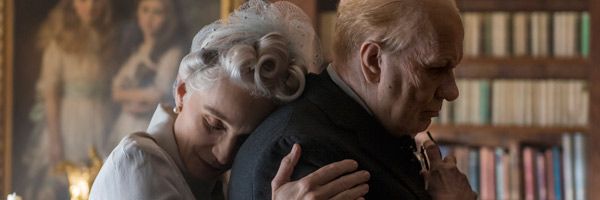
How did you come to be shooting this film?
BRUNO DELBONNEL: In fact Joe called me three or four years ago when he was preppingPan.
I’m always interested in the early conversations between the director and the cinematographer.
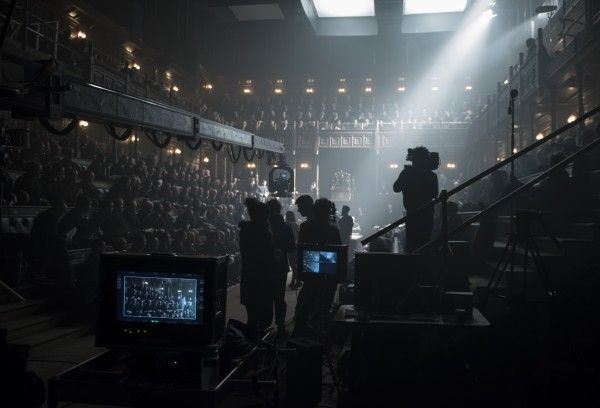
Image via Focus Features
So what were your early discussions with Joe like about the visual approach to the project?
Then I got interested.
DELBONNEL: Oh yeah, yeah.
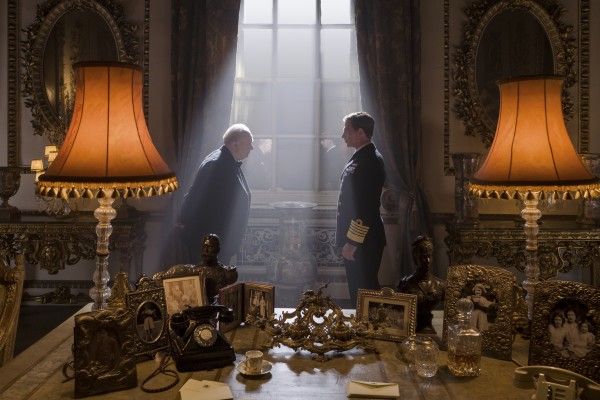
Image via Focus Features
So he was really aware of how dangerous it could have been for the audience.
There was one scene that I think thats 10 minutes long, it was 15 pages.
So both of us started to discuss that.
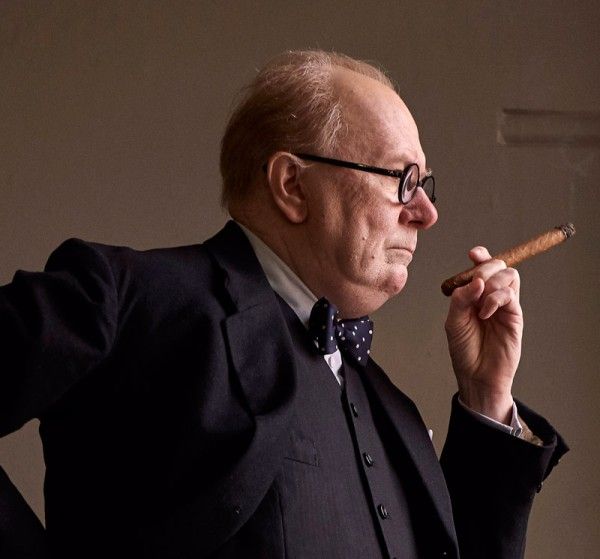
Image via Focus Features
How can we sort it out?
In fact the plan was going the opposite way.
It was just like, how can we make the scene more interesting?
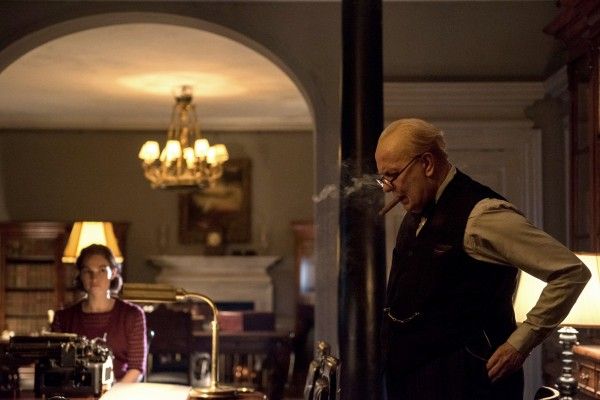
Image via Focus Features
The guy is saying something interesting.
That’s why the camera is pushing, which annoys me a lot.
Then there is a pause when those guys are talking in these rooms.
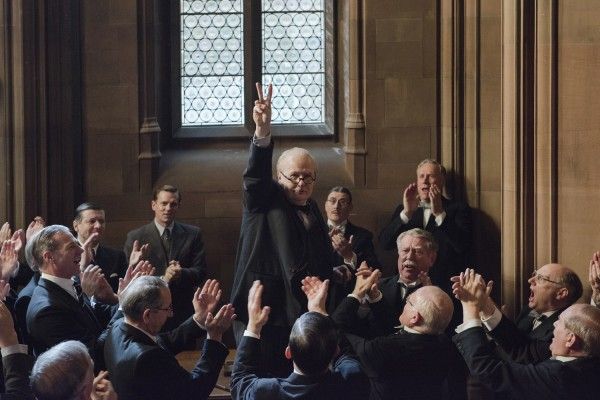
Image via Focus Features
So it was kind of developing a musical score within the movie, within the script.
I agree with you.
I was also curious.
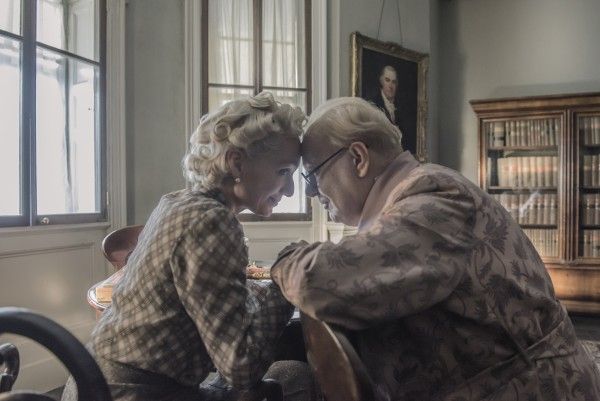
Image via Focus Features
How are you setting up those shots?
This guy is huge.
DELBONNEL: To tell you the truth I don’t think about this.
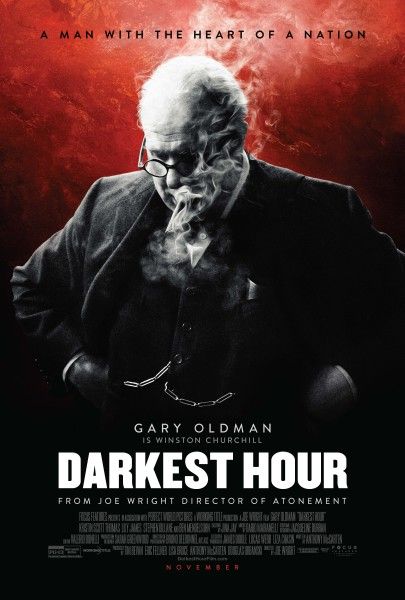
Image via Focus Features
Thats the problem with any biopic youre doing, but we’re not doing a biopic.
I don’t feel this movie is a biopic.
It’s just like, two months in the life of Winston Churchill.

So I don’t know what’s before, I don’t know what’s next.
This guy was larger than life like you said but you could say that Joey’s larger than life.
So what was more complicated was shooting Gary Oldman as Churchill.
It’s not about Churchill.
So, did you have conversations with Gary about that?
Of kind of framing or was that more you and Joe kind of figuring out how to shoot him?
Gary I think trusted us.
It was more about finding the shot with Joe more than anything else.
I’m not a big fan of closeups, because I think that’s right in your face.
I’m not a big believer of closeups, especially when you have a lot of prostetics.
But it was establishing a situation.
How did that shot come together?
DELBONNEL: That’s definitely Joe idea.
That’s what I like about Joe.
It’s really something different from what we did.
He said yeah, that’s what I want and I think it works, and he was right.
So the movie doesn’t have to follow the reality, you know?
There is a lot of things that are really operatice in the movie.
It’s a vision.
I was going to say.
It almost feel like its expressionistic at points and operatic I think is the perfect word for it.
DELBONNEL: Yeah I think that’s it.
It’s really an opera and a very sad opera because it’s war but that’s opera.
Then, obviously Joe is on top of those kinds of ideas.
I don’t have to bring those idea.
I’ve always wanted to talk to you about it.
DELBONNEL: I think they were (laughs).
I think they were very nervous, but it’s a very long story.
I didn’t want to doPotter.
And then David called me forOrder of the Phoenixand I said no, I’m not interested.
More than a background.
And they said, Okay, that’s an interesting concept, and they let me do it.
How did you go about shooting those?
DELBONNEL: We built it on stage so it was fairly easy.
So it’s kind of yeah, it’s not a big challenge.
This one was challenging.
What was your working relationship from that standpoint?
It’s working with guys who have a very different vision and they have a vision, you see.
So when you have a director who doesn’t have a vision it’s very hard for me.
It doesn’t mean that the guy is not a good, he’s not a bad director.
Its just they arent enabled to share something with me.
So I have a lot of difficulties with those kinds of person.
And sometimes you disagree.
I disagreed a lot with Joe at some times.
I said, Nah, I don’t think it’s a good idea Joe.
Let’s do it.
So as long as it’s not a conflict that’s a fascinating process.